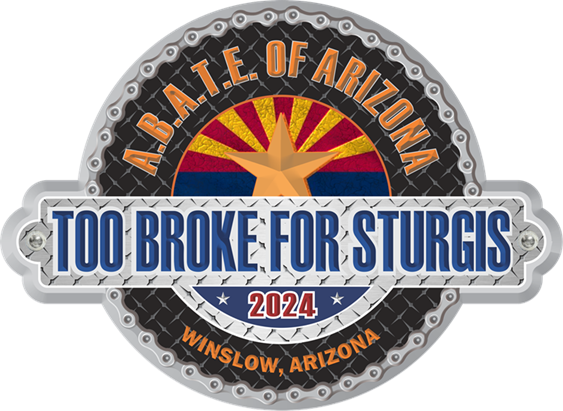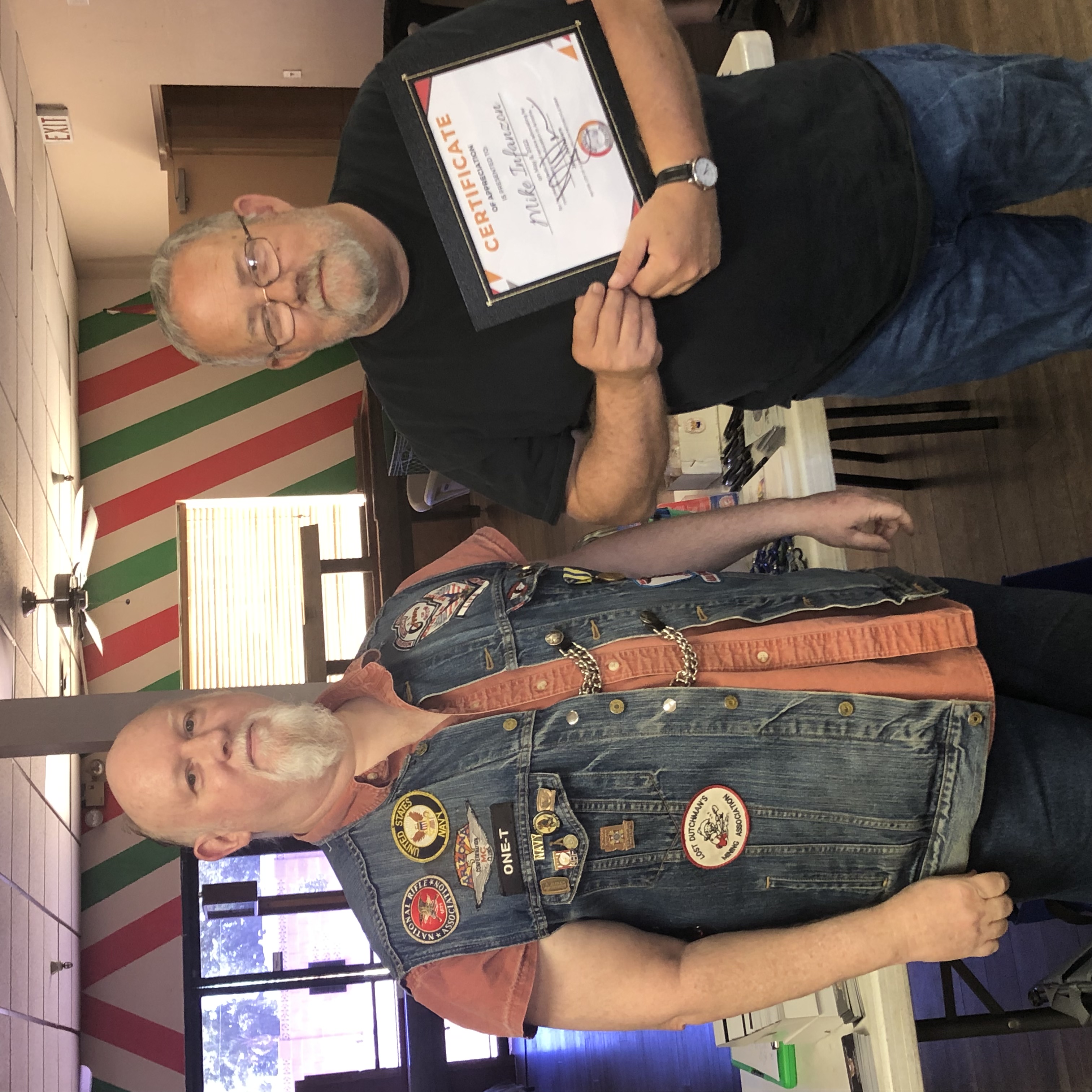Legislative Update
July 2021

On June 4th, the U.S. House of
Representatives Committee on
Transportation and Infrastructure
unveiled its 2021 highway bill,
titled the Investing in a New Vision
for the Environment and Surface
Transportation (INVEST) in
American Act. As you may remember, every five years Congress is
required to reauthorize many of the
highway related spending bills it
passes. The current highway bill,
known as the FAST Act, was given
a one-year extension last year and
is set to expire in September of
2021. The bill introduced Friday is
a key component of the major infrastructure spending push the Biden
Administration has made a top priority.
For the last two years, the
Motorcycle Riders Foundation and
its members have diligently educated and lobbied lawmakers about the
need to include motorcyclist specific priorities in a new highway bill.
These grassroots efforts were given
a boost with the inclusion of three
major motorcyclist specific items in
the bill. The Democrat lead bill
includes the following provisions in
its nearly 1,300 pages of text:
Expanded prohibition on motorcycle only check points, including
prohibiting using the clothing or
apparel of riders or their passengers
to profile or target bikers.
Reestablishment of the Motorcyclist
Advisory Council, which gives bikers a voice within the Federal
Highway Administration. Included
in the bill, a seat on the council is
specifically designated for a “representative of a national motorcycle
foundation.”
Inclusion of motorcycles as a specific category that autonomous
vehicle studies must account for
during the testing of this new technology. Additionally, a motorcyclist
rights organization is assigned a
seat on an autonomous vehicle
working group at the U.S.
Department of Transportation.
The road ahead for a massive infrastructure plan remains uncertain.
Negotiations between the House,
Senate and White House will be
contentious and as always political.
However, what is certain is that the
work of MRF members has ensured
that motorcyclists are being heard in
Washington, D.C. and as this newly
released legislation shows they are
being prioritized.
Mike InfanzonLegislative Director










 On June 4th, the U.S. House of
Representatives Committee on
Transportation and Infrastructure
unveiled its 2021 highway bill,
titled the Investing in a New Vision
for the Environment and Surface
Transportation (INVEST) in
American Act. As you may remember, every five years Congress is
required to reauthorize many of the
highway related spending bills it
passes. The current highway bill,
known as the FAST Act, was given
a one-year extension last year and
is set to expire in September of
2021. The bill introduced Friday is
a key component of the major infrastructure spending push the Biden
Administration has made a top priority.
On June 4th, the U.S. House of
Representatives Committee on
Transportation and Infrastructure
unveiled its 2021 highway bill,
titled the Investing in a New Vision
for the Environment and Surface
Transportation (INVEST) in
American Act. As you may remember, every five years Congress is
required to reauthorize many of the
highway related spending bills it
passes. The current highway bill,
known as the FAST Act, was given
a one-year extension last year and
is set to expire in September of
2021. The bill introduced Friday is
a key component of the major infrastructure spending push the Biden
Administration has made a top priority.